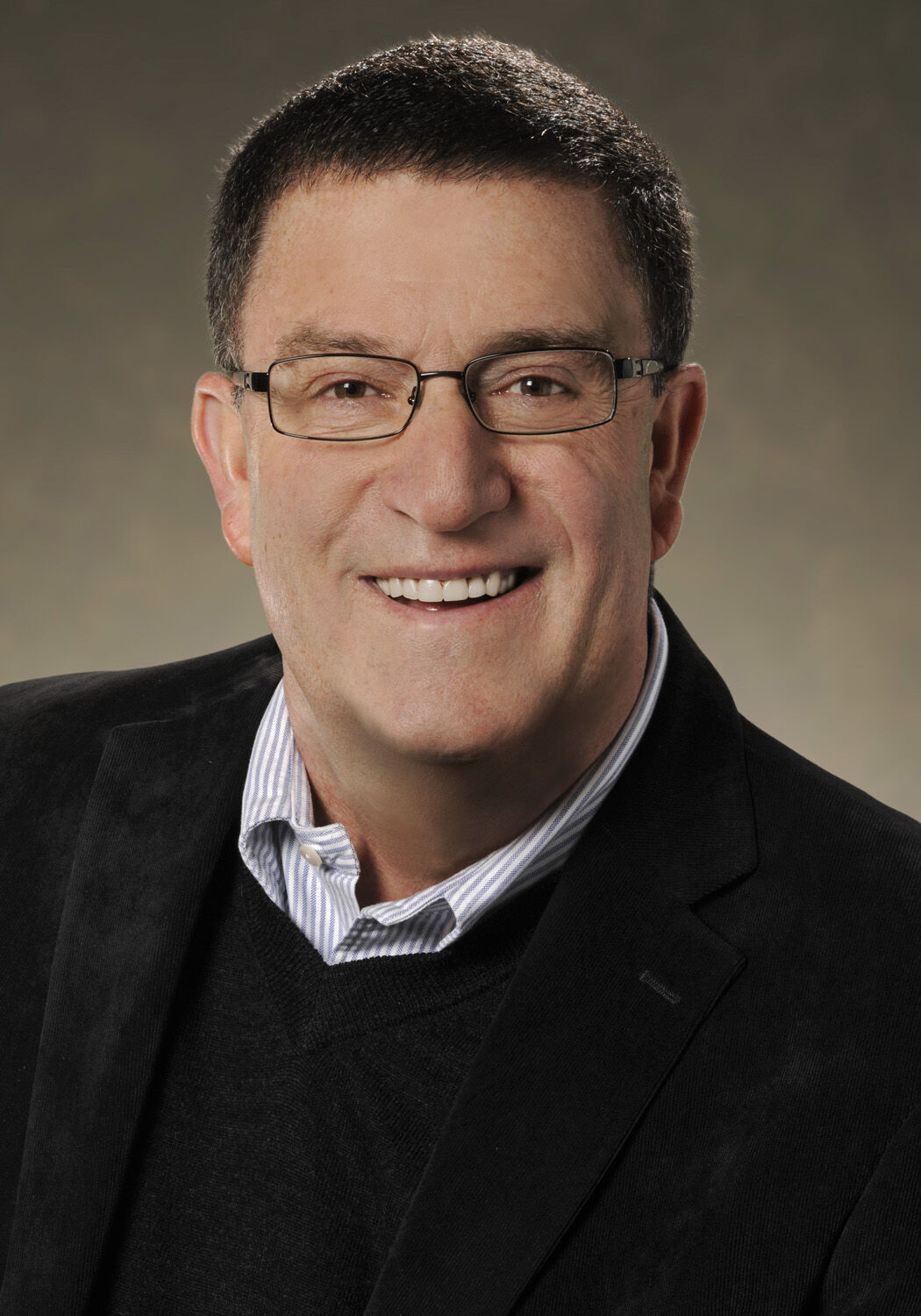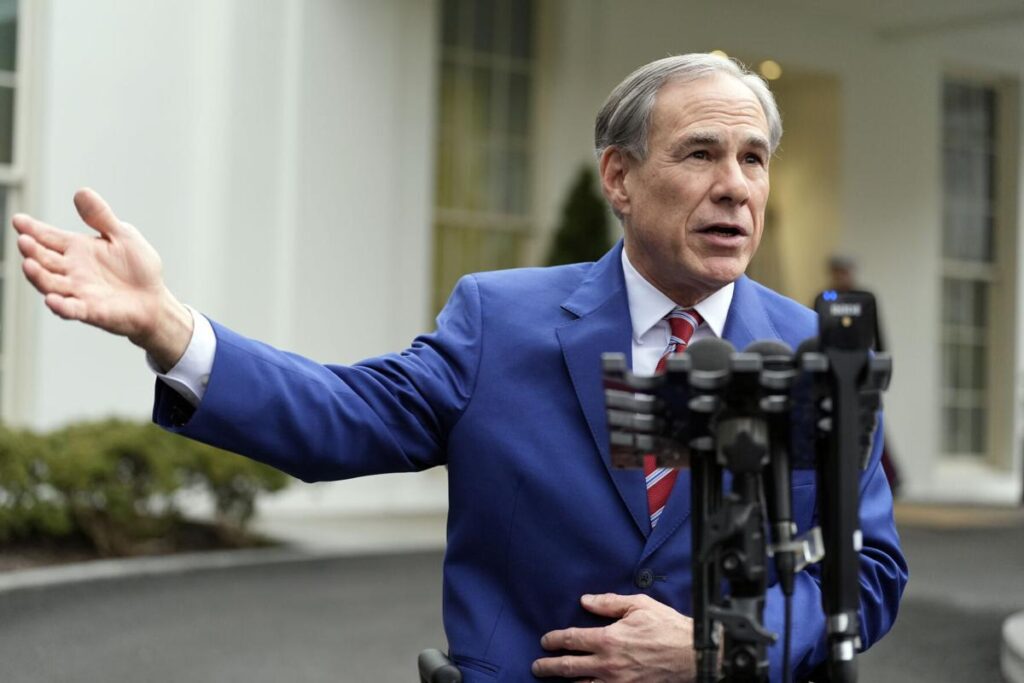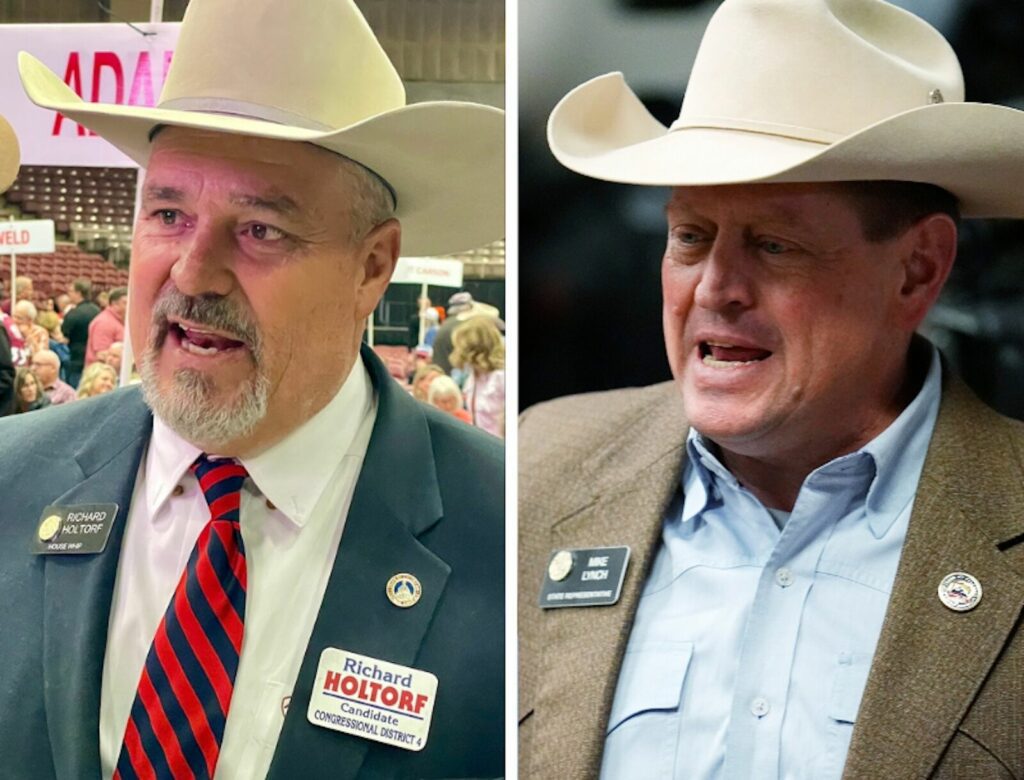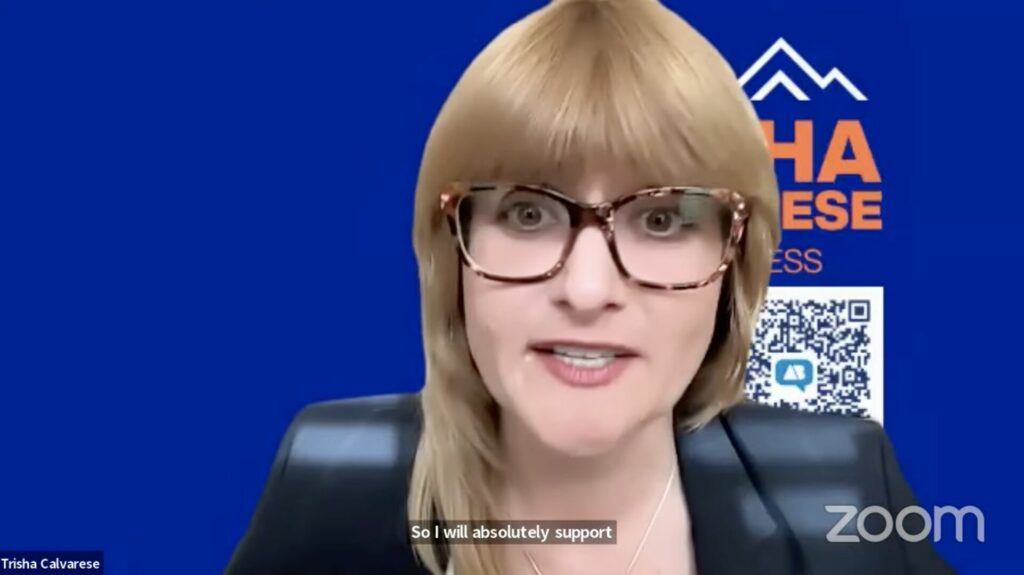Jared Polis’ alienation of rural Colorado: Because he can | SONDERMANN

It traces back to Jared Polis’s first election as Colorado’s governor.
For decades, the fall campaign season traditionally kicked off with the Club 20 debates in Grand Junction. It was a ritual, even a rite of passage. Conservative for sure in its orientation, Club 20 has long been a leading voice for western Colorado.
But when it came time to confirm his participation with Club 20, candidate Polis declined. He offered some blah-blah reason about finding other forums to discuss Western Slope issues. Come reelection time four years later, Polis relied on the same stiff-arm.
Were those two insults the end of it, they would be of minimal consequence and soon forgotten. Instead, his 2018 no-show served as a precursor to an estrangement between the state’s chief executive and much of rural Colorado.
Beyond those 20 western Colorado counties, rural Colorado includes the San Luis Valley, the upper and lower Arkansas Valley, the high plains of the eastern prairie, and even sizable swaths of Front Range counties from Larimer and Weld to Adams, Arapahoe, Douglas and El Paso.
As a voting bloc, these often-overlooked parts lost influence as the Front Range urban corridor experienced explosive growth. That is a political reality.
However, leadership is more than just counting noses. Done right, it involves making all Coloradans feel seen, heard and respected. It seeks to make everyone part of the greater whole, regardless of their urban, suburban or rural setting.
Then there is the substantial role agriculture plays in the state’s economy. Tourism and outdoor recreation, also major economic drivers, take place largely in distant, rural locales. Even if Polis seems far more comfortable in the precincts of Aspen or Telluride than along the Main Street of Dove Creek or Rocky Ford.
Who knows if Polis came into office with the intent of dissing Colorado’s distant, less populated parts? Or if the alienation just evolved over time as one slight led to another?
The particulars are numerous.
The political battle over the reintroduction of wolves unquestionably has been a piece of this deteriorating relationship. More than that, this fight is a case study in Colorado’s urban-rural divide.
The preponderance of Front Range voters, without a direct stake in the issue but with a romantic notion of the frontier west, imposed this burden over the objection of outnumbered western Colorado residents directly affected.
Determined to override any objection or complication in implementing Proposition 114, Polis went so far as to veto bipartisan legislation that would have temporarily delayed the reintroduction pending a ruling from the U.S. Fish and Wildlife Service.
That bill, mind you, was sponsored by two Western Slope Democrats and usual Polis allies, Sen. Dylan Roberts and Rep. Meghan Lukens. At this point, those worried about these very real effects are finding a friendlier ear from the governors of Wyoming and Idaho, both states refusing to supply wolves for reintroduction, than from Colorado’s own top dog.
There have been no shortage of other provocations. Polis found it somehow judicious to weigh in via Twitter on a California ballot issue on pork production. I happen to agree with him on that issue. But many of his rural constituents took it as an unnecessary poke in the eye.
A refrain frequently heard off the beaten path relates to Polis’ appointments to a slew of state boards. Previous governors often used such appointments to engage rural citizens and viewpoints. In the words of one close observer, requesting anonymity for obvious reasons, Polis has repeatedly demonstrated his “insensitivity and indifference” through the process.
Numerous appointees to the Board of Veterinary Medicine, the State Fair Board, the State Land Board and the Parks and Wildlife Commission, among others, have come under rural fire.
In one notable case, self-described animal-rights activist Ellen Kessler was appointed to the veterinary board, reportedly based on her friendship with Polis’ spouse, first gentleman Marlon Reis.
Kessler wasted no opportunity to insult the state’s ranchers, going so far as to call them “lazy.” She accused dairy farmers of sexually abusing their cows, likely referring to the long-accepted practice of artificial insemination. Last year, Kessler was charged with 13 counts of animal cruelty for the disgraceful neglect of her own pets. In September, Kessler pleaded guilty to misdemeanor animal cruelty, got a deferred sentence and was assessed fines.
More broadly, critics have noted what they regard as Polis’ manipulation of statutory requirements for various appointments – whether relating to geography or party affiliation or experience – to load boards with loyalists and minimize disagreeable voices, especially those with a rural address. It seems his commitment to diversity and inclusion only goes so far.
Then there was Polis’ declaration of a “Meat Out” day back in 2021, a needlessly inciting statement that many rural residents, especially those in Colorado’s cattle industry, took as another raised middle finger. The irony was this proclamation led to a spike in meat sales as many rallied in protest.
Of course, it takes two to tango. As rural Coloradans have perceived one diss after another, prominent groups representing rural interests have responded in kind. Both the governor and a number of his rural critics are now locked in a repeated dance of offense and reaction. Increasingly, the reaction is anticipatory even without the affront.
Writing this column from the tranquility of our lonely acre outside Tabernash, I find myself increasingly at home in this country setting. And I am left to ponder the governor’s motives for these unbecoming hostilities.
No doubt, some of it emanates from his spouse’s strong views when it comes to animal welfare and Polis’ understandable interest in peace on the home front.
But there has to be more to it than that. Polis and too many of his fellow Democrats have made the calculation, not incorrectly, that rural citizens are irrelevant to their coalition and that there is no price to be paid for writing them off.
Their math is aided by the determination of Colorado Republican leadership to further recede into punchline territory. Without a viable, functional opposition to hold his feet to the fire, Polis enjoys political latitude and liberation unknown to past governors.
Why does Jared Polis repeatedly disregard and knock large parts of the state he governs? In short, because he can.













